Welcome to 2019 Sarasa fans! We’ve got a lot of exciting news to share.
In this edition:
News about our upcoming Uccelli Barocco ~ Baroque Birds concert, including an interview with composer Julian Grant about his world premiere with Sarasa
In memory of Sanford Sylan, singer and member of the Sarasa family
Some exciting funding news we’re delighted to share with you!
Next Concert:
Uccelli Barocco ~ Baroque Birds
March 2nd, 8pm, Harvard-Epworth Church, Cambridge
March 3rd, 3:30pm, First Parish in Lexington
An interview with composer Julian Grant!
Photo Credit: Fran Marshall
Sarasa Ensemble is hugely excited about premiering a new work by Julian Grant the first weekend in March as a continuation of our 20th Anniversary celebrations. He has composed a cantata scored for soprano, two violins, 5-string piccolo cello, theorbo and harpsichord, based on the text of Rhoda Levine’s whimsical children’s book in verse, Three Ladies Beside the Sea. We had a chance to catch up with Julian, and find out more!
At what age did you start composing? Who or what circumstance inspired you to compose?
I was seven or eight. I had been making up music before that to play on my recorder, but writing out with note letter names and no system of denoting rhythm, as I had no notation skills. My Auntie Betty taught me some basics and helped me write a song, a setting of ‘The Owl and the Pussy-Cat’, which I immediately expanded into a piano suite, embellishing the story with a capture by pirates, a typhoon and then a divorce, on grounds of incompatibility.
Is there a particular composer with whom you feel a special affinity?
I’m a music nerd, so I have lists of them. For my work, I feel close to Monteverdi, Berlioz, Janáček, Stravinsky, Ravel, Weill, Ligeti and Morton Feldman. I have a special nostalgic place for what I call my ‘pet’ composers, Mussorgsky, Rimsky-Korsakov, much French opera, Verdi. I could go on!
Do you prefer to compose for singers or instrumentalists? Was it a new challenge to write for period instruments?
I love variety, but it is more challenging for me to write a piece without words. I get so much from the rhythm and energy of words and convert those attributes into musical material. I do love working with singers, and molding a piece around the special attributes of an individual voice. I also relish concocting unexpected colors with instruments. Yes, writing for period instruments was a real venture into the unknown for me, and I’m almost apprehensive to hear realized what I have conceived in my mind’s ear. I hope I’ve got it right! I love the quality of sound, the difference in bowing style, the disparity of timbre, it sounds more sinewy, compact to me, somehow.
How did you come to choose a children’s book in verse Three Ladies Beside the Sea by Rhoda Levine for Sarasa’s commission?
Rhoda is a very distinguished opera director who started her career as a dancer on Broadway, got into the orbit of Spoleto, Barber, Menotti and it was Luchino Visconti, no less, who suggested she should be a director. We met in an elevator in Banff, Canada, in 1986, and she dragged me off to a drama improvisation class. She had a sideline in writing children’s books, dating mainly from the 1960’s; and when she became godmother to my daughters, she gave us signed copies. We always regretted never having worked together in the theatre, so in setting this children’s book, finally our names appear on the bill side by side.
We understand you have lived in China, Japan and Hong Kong, and learned to play Yang Qin — the Butterfly Harp. What is this instrument, and did your musical experiences with it have an effect on the layers of rhythmic and harmonic language you pursue in your compositions?
After a year of living in Beijing, and progressing very slowly at learning Chinese, I decided to give it up and my family bought me, for a birthday present, a Yang Qin. This is a large dulcimer that you hit with beaters, and is, in fact, a sort of continuo instrument for a Chinese opera band. It is strung from top to bottom, and there are sets of strings side by side, so it takes an eternity to master a simple scale! Eventually I wrote a small piece for it. Certain aspects of Asian music really chimed with me; the linear thinking, a simple musical line embellished, the horizontal aspect of music, the harmonic support being more incidental. I did purchase instruments in Central Asia and Mongolia when I travelled there, and I found the mix of the musics, a touch of the middle East and India included, incredibly absorbing.
What piece of music would you take to your desert island? Which book?
Only one?? Well today it might be Monteverdi’s ‘Possente spirto’ form ‘Orfeo’, or maybe Yaroslavna’s lament from Borodin’s ‘Prince Igor’. Tomorrow will, doubtless, be different. I get a real workout from reading Shakespeare’s plays, but I might take Tove Jansson’s Moomin books instead - or maybe a thriller by Wilkie Collins.
It is the Chinese New Year of the Pig— What was the most unexpected food you tasted in Asia?
I tried a real ‘Thousand Year Egg’ (Pídàn) once. The egg is buried in a mix of clay, ash, salt and more for weeks or months, the yolk turns dark green, sombre red or grey, and the white becomes a brownish-black jelly. Very salty. It’s a real delicacy. Once was enough.
About Rhoda Levine:
Primarily known as a pioneering opera director and choreographer, Rhoda Levine has also written several children’s books, including Three Ladies Beside the Sea, which Julian Grant has chosen for his commissioned new work with Sarasa. The late Edward Gorey illustrated this book back in 1963, and it was re-issued by the New York Review of Books in 2010. It’s a gem! www.nyrb.com/products/three-ladies-beside-the-sea?variant=1094934797
A documentary film is currently being made about Rhoda Levine, and you can have a sneak preview of the trailer for the film here: IFP page for DIRECTING RHODA: THE ARTS OF LIVING
In memory of Sanford Sylan
For those of you who haven’t heard, we are very sad to have to report that Sandy died on January 29th. At this point the cause is not known. Musicians and audience members around the world, and especially from the Boston area, are devastated to hear the tragic news. So much of his early professional and home life was centered around Boston and especially Emmanuel Music.
Sandy was a truly profound musician and human being. To hear him sing was riveting. To perform and work with him was revelatory. He was deeply spiritual and brought those qualities to his experience of the music - total service and commitment to every moment. On the flip side, he could be very down to earth and gregarious - you could often find him at the local Deluxe Town Diner in Watertown in the morning with a cup of coffee.
Because many Sarasa musicians were connected to Sandy, we were very lucky to have him perform many times with us all around New England. We also recorded J.S. Bach's Cantata "Ich habe genug," BWV 82 with him back in 2005. You can hear it on youtube www.youtube.com/watch?v=M6vXBdQ_m7M and it is available on Sarasa’s website along with soprano Dominique Labelle in a duo cantata "Liebster Jesu, mean Verlangen," BWV 32 - http://www.sarasamusic.org/recordings/
Great News for Sarasa!
Thanks to an angel donor, all donations made during our December End-of-Year campaign were matched dollar for dollar up to $10,000. Because of their and your generosity in supporting our work, we were able to raise almost $15,000! Thank you to all of our wonderful donors!
Additionally, we were fortunate to secure new grant funding courtesy of the Boston Cultural Council. We are excited to be able to bring bold artistic programming and live music to a broader community with this financial support.







